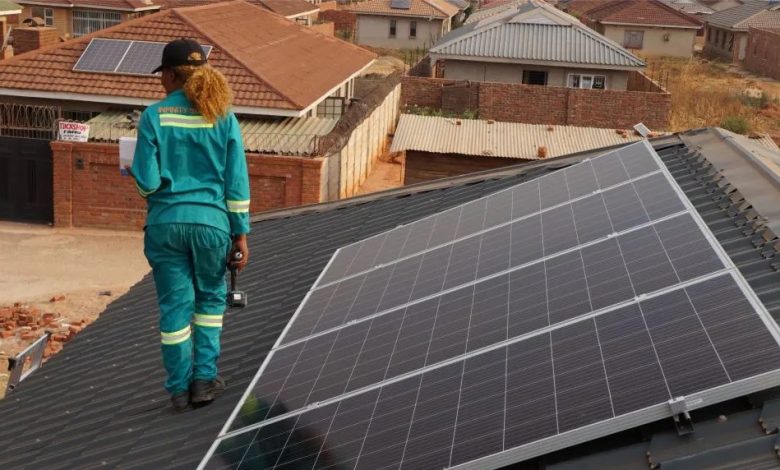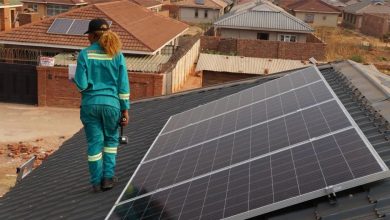Solar Power’s Rise in Zimbabwe: A Beacon of Renewable Energy Transformation

Zimbabwe is witnessing a significant transformation in its energy landscape. This is due to the emergence of solar power as a pivotal force in the country’s renewable energy sector. This shift is driven by a combination of government policies and private investments. Also, the growing awareness of the environmental and economic benefits of solar energy are push factors. Solar power in Zimbabwe, encapsulates the essence of this burgeoning movement. It highlights the nation’s commitment to harnessing the sun’s energy to meet its power needs and reduce reliance on fossil fuels.
Government Policies Fuelling Solar Power’s Growth
The Zimbabwean government is proactively promoting solar power through its National Renewable Energy Policy (NREP) of 2019. This policy outlines ambitious targets for renewable energy. This includes a goal to achieve at least 16.5% of all electricity supplied from renewables by 2025 and 26.5% by 2030 1. Also, to facilitate this transition, the government has removed import duties on solar products. This encourages both domestic and foreign investments in solar energy projects 1. Furthermore, the government has introduced Government Implementation Agreements for Independent Power Producers (IPPs). These have passed the screening stage, offering guarantees for economic tariffs, foreign currency availability and investment 1. These measures underscore the government’s commitment to solar power in Zimbabwe. Positioning it as a key player in the country’s energy transformation.
Solar Power: Private Investments Ignite Potential
Additionally, private investors are also playing a crucial role in the growth of solar power in Zimbabwe. The country’s renewable energy market, dominated by hydropower, has seen a surge in solar energy projects. Companies like Guruve Solar Park and Solgas (Solar-5MW) are part of the pack leading the way 1. These projects, with support from favourable regulatory frameworks and financial incentives, are not only contributing to Zimbabwe’s renewable energy capacity but also creating job opportunities and fostering technological innovation. The government’s efforts to attract foreign investment, such as the Zimbabwe Investment and Development Agency’s (ZIDA) non-discriminatory issuance of investment licenses, further encourage private sector participation in solar power projects.
Solar Power: Challenges and Opportunities in its Journey
Despite the promising developments, the journey towards solar power’s dominance in Zimbabwe’s energy sector is not without challenges. The country faces acute shortages of foreign currency, which hampers the import of necessary equipment and materials for renewable energy projects 1. Additionally, the regulatory environment, while supportive, lacks specific tendering procedures for energy projects. This makes it difficult for investors to plan with certainty 1. However, these challenges are being addressed through government initiatives and international cooperation, paving the way for a more stable and sustainable future for solar power in Zimbabwe.
Conclusion
The rise of solar power in Zimbabwe represents a significant step towards a sustainable and resilient energy future. Through government policies that encourage investment and private sector initiatives that drive innovation, Zimbabwe is poised to harness the power of the sun to meet its energy needs. Also, it will contribute to global efforts to combat climate change. As the country continues to explore and expand its solar energy potential, solar power in Zimbabwe will remain a beacon of hope and progress in the global fight against energy poverty and environmental degradation.





